We recently interviewed Neville Cross on how he uses Fedora. This is part of a series on the Fedora Magazine where we profile Fedora users and how they use Fedora to get things done. If you are interested in being interviewed for a further installment of this series, you can contact us on the feedback form.
Who is Neville Cross?
Neville Cross is a Nicaraguan hotel manager who has a passion for technology. He has an Amateur Radio license, and was doing stuff with packet radio (ax.25 protocol) in 2008. That made him look for help in the local Linux community. As he used Red Hat Linux for a while in 2000, it was natural for him to take a look at Fedora. Instead of getting help, he got involved in the local FOSS community, especially in the Fedora local group. At that moment, others Linux distributions had strong support from the international community, but Fedora did not. So he took on the challenge to close the gap. That is how Cross originally showed up in Fedora landscape many years ago.
Besides being an amateur radio and enthusiast of electronics, Cross likes photography and tropical fish. He feels he should always be taking pictures because it is just a matter of always having his camera with him. Having a fish tank is a bigger commitment and Cross hopes to make a space for a big fish tank and have a couple of angel fishes. Cross shared an interest in astronomy with his wife.
Neville values integrity, curiosity, drive, and the ability to enjoy the small wonders of everyday life. Cross said, “Integrity, to do as you said and be kind to others. Open eyes, to always see what surrounds you. Curiosity, to ask why the things are like they are. Driven, to pursue things you want. Happiness, to enjoy the small wonders of everyday life.”
The Fedora Community
When asked about the Fedora Community, Neville said, “I started as Ambassador, that was what it was needed at the time. Somebody that can coordinate events and resources, I was talking about FOSS and Fedora Project.” He started contributing to the Marketing Team because there was a strong link with Fedora merchandise production. Cross served on the Fedora Ambassador Steering Committee (FAmSCo) as the regional budget was starting to take shape. He also participated on the Fedora Board (the top-level community leadership and governance body before the Council era). Neville also contributed with Fedora Weekly News doing the Ambassadors Beat. He also volunteered on the Freemedia Team and ran membership approval for that team for some years. Cross made a point that “this is a wonderful example how our global infrastructure can help us to act local.” One of the biggest responsibilities that Cross had in the project was holding the Community Credit Card.
Cross went looking for something that he wanted to do within the Fedora Project and found the Icaro Project. The Icaro Project is an educational robotics platform bringing hardware and software together for education. Cross likes the foundational idea of “build it, use it, break it, fix it” and learn from all those steps. This interest led Neville to keep tabs on the Documentation Team. He is also trying to find time to learn how to program, but all the other Fedora hats he wears does not leave him with much spare time. “I am trying once more with Python.”
When asked what gives him a sense of hope about the Fedora Project, Cross mentioned that things are changing. “Fedora is growing at a rapid pace, there are more people contributing and there is this new COPR service.” Cross worried about how the Fedora Community will keep efforts coordinated and communication fluid. Neville expressed concern that about the fact that Linux User Groups (LUGs) are shrinking while “makers groups” are blooming due the Internet of Things. Cross continued, “…which is parallel to the diminishing personal use of desktops and laptops favoring using tablets. There is no easy fix, we have to evolve as a Project as technology evolves”
One potential fix to the aforementioned concerns that Cross suggested was making sure the Fedora Project has a good Raspberry Pi install image. One that is officially listed, it is ready to copy to a microSD and boot, that it is optimized to run smooth and also that includes one option to easily activate the camera. When the camera option is disabled, even using USB webcams are disabled. While this is beyond his skills, he hopes he can influence other people to make this happen.
 Cross stressed that there are four foundations in Fedora. Freedom, Friends, Features, First. Freedom is all over Fedora. Cross elegantly expressed this with the following quote: “It is easy to find a Feature that challenges you to work on. As you work, you will easily find Friends and most likely this feature will be part of the first line of technology. But what will keep you moving forward is FUN. Remember to have fun while you contribute with Fedora… that is the key. If you do something and you are not enjoying it, having fun, look for something else to do. There is plenty of things to do for Fedora.”
Cross stressed that there are four foundations in Fedora. Freedom, Friends, Features, First. Freedom is all over Fedora. Cross elegantly expressed this with the following quote: “It is easy to find a Feature that challenges you to work on. As you work, you will easily find Friends and most likely this feature will be part of the first line of technology. But what will keep you moving forward is FUN. Remember to have fun while you contribute with Fedora… that is the key. If you do something and you are not enjoying it, having fun, look for something else to do. There is plenty of things to do for Fedora.”
While Neville found his own way in to the Fedora Community, he still wanted to express thanks to one person that gave him a sense of purpose. Cross credits Jared Smith with motivating him to keep doing things for Fedora. He expressed that his life has had two epochs; an era before and after becoming involved in Fedora. Since becoming involved in Fedora, Cross has had the pleasure of working with the most brilliant people and feels blessed to have been able to learn from them.
When talking about the challenges of promoting open source, Neville mentioned flexibility and building relationships as the key to success. “When you are promoting open source, you visit universities and other organizations, you have to give them time and be flexible to accommodate them in order to gain access to make a presentation or an event,” Cross stated. With regards to building the relationship, he cautioned that there is a careful balance between doing one presentation for free and being asked to teach a course for free. Make sure you keep a balance that is healthy for you and the organization you are working with.
What hardware?
Cross has three desktop computers that are assembled with parts from different brands locally: office, home, and workshop. Both office and home, have dual screens as a way to increase productivity and induce envy. The one in his workshop is dedicated to 3D printing and test robotics.
He also has a Lenovo T440 with a i3 processor, 128GB SSD, and 6GB of RAM. This is his Fedora marketing machine.
What software?
Neville has a love-hate relationship with GNOME. While all of his computer run Ghome there are times when his productivity is impacted due to changes in where features are located. One example is the connect to server function in Nautilus. Neville believes that the issue could easily be resolved with better documentation with regards to changes. Cross uses Thunderbird, Firefox, LibreOffice, KeepassX, evince, Eye of Gnome, Simple Scan, and bit of GIMP at work. At home, he adds VLC for music and videos, and also some amateur radio tools like xastir, qsstv, gpredict, fldigi, cutecom. At the workshop, he uses Inkscape and GIMP to print DVDs for events, cura, pronterface and openscad for 3D printing. When it comes to command line editors, he uses VIM. Cross utilizes KVM for virtualization.

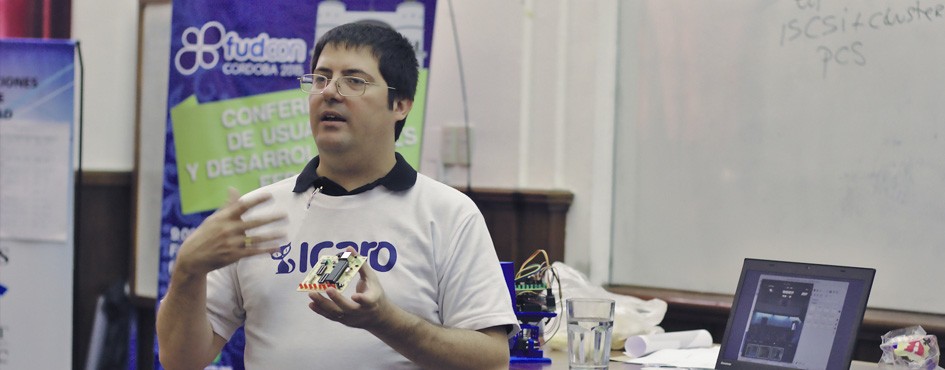
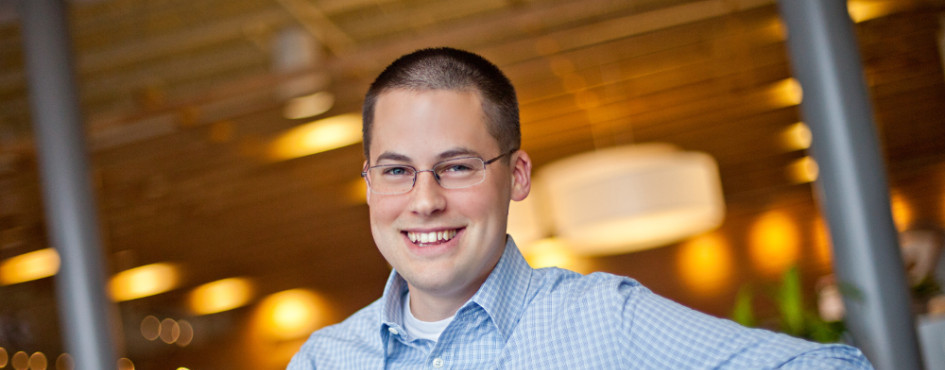




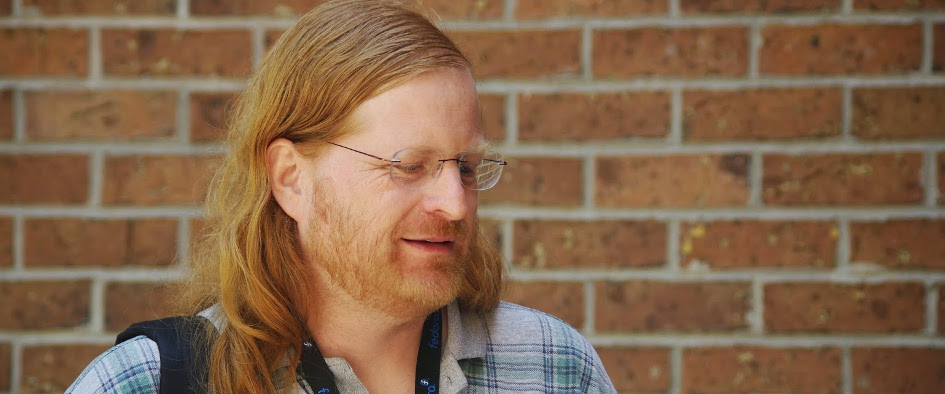
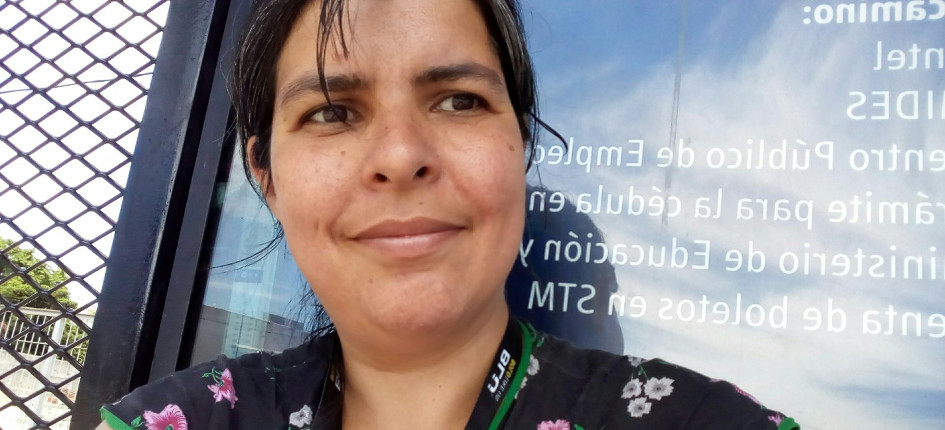
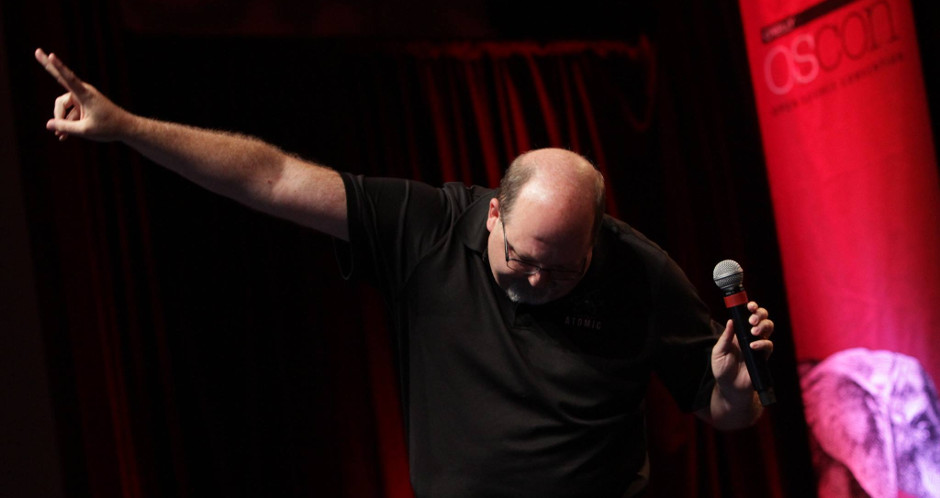

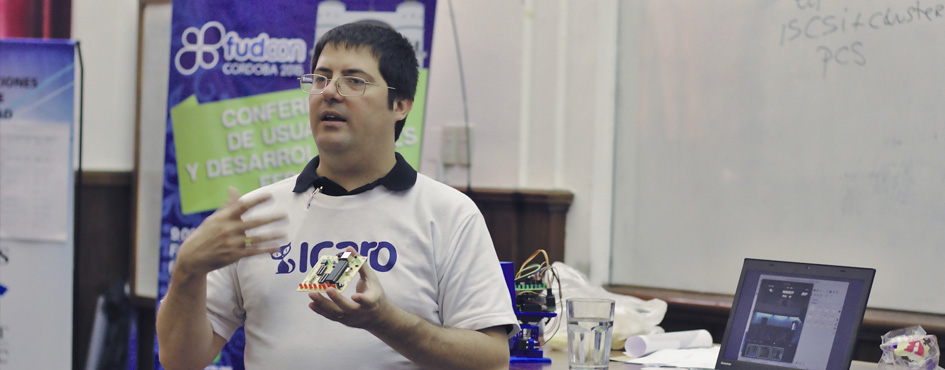
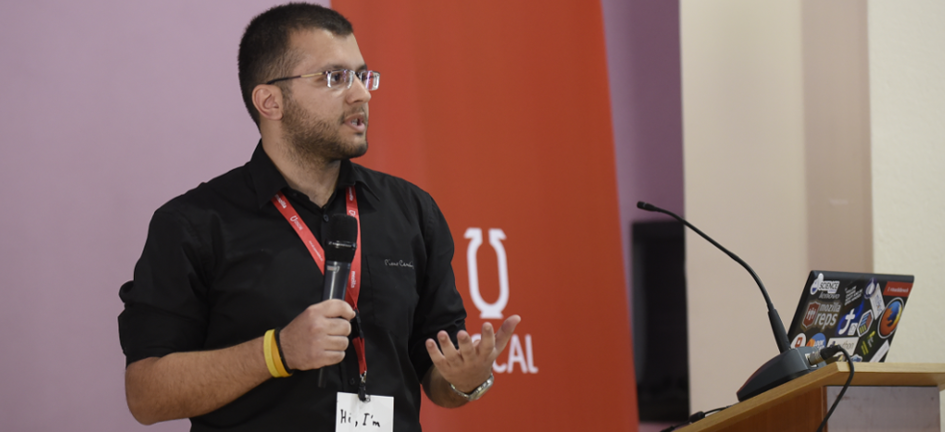
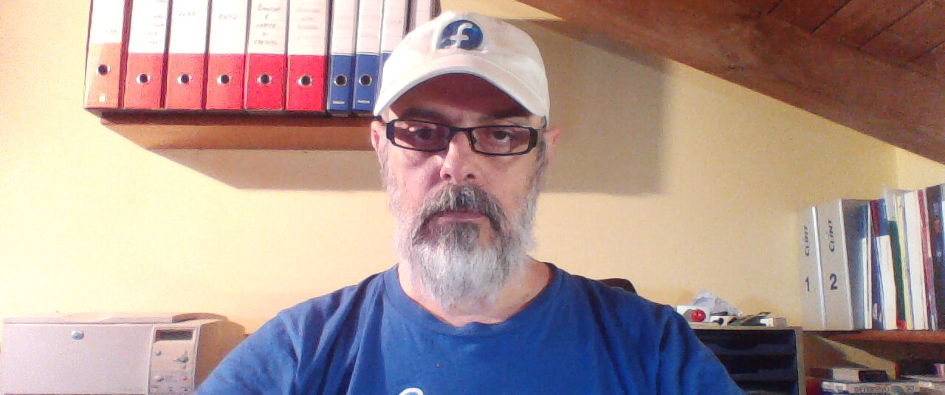
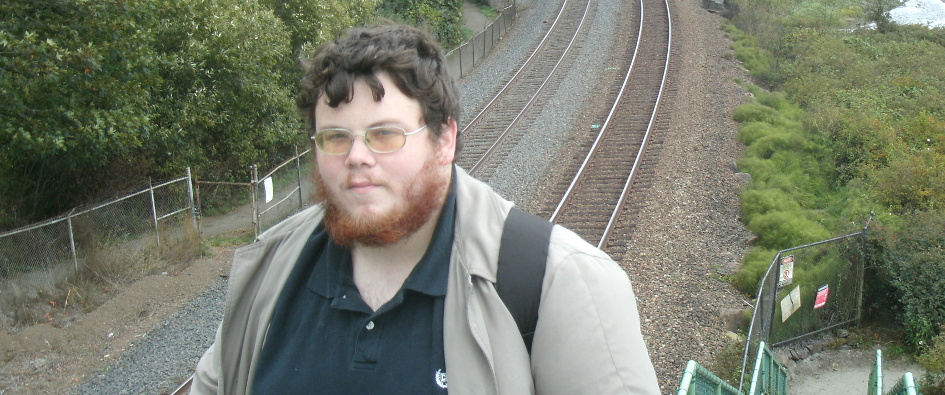
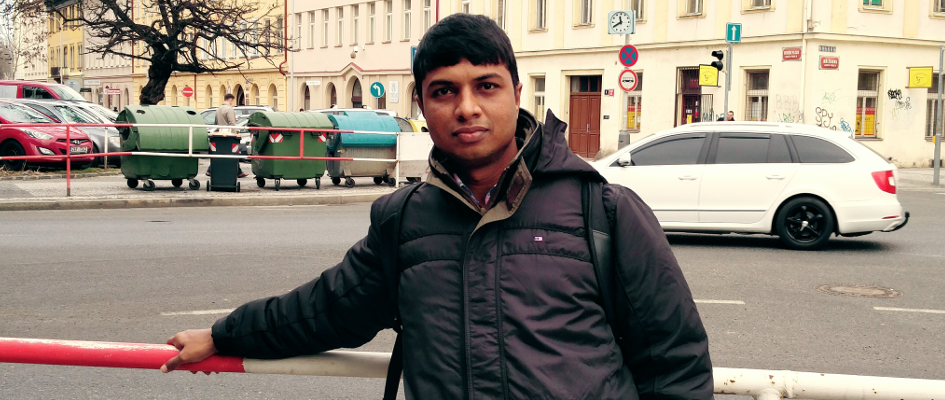
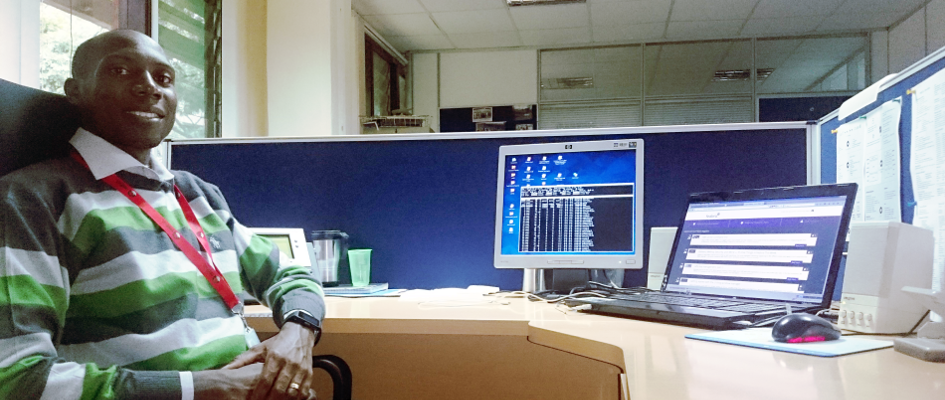
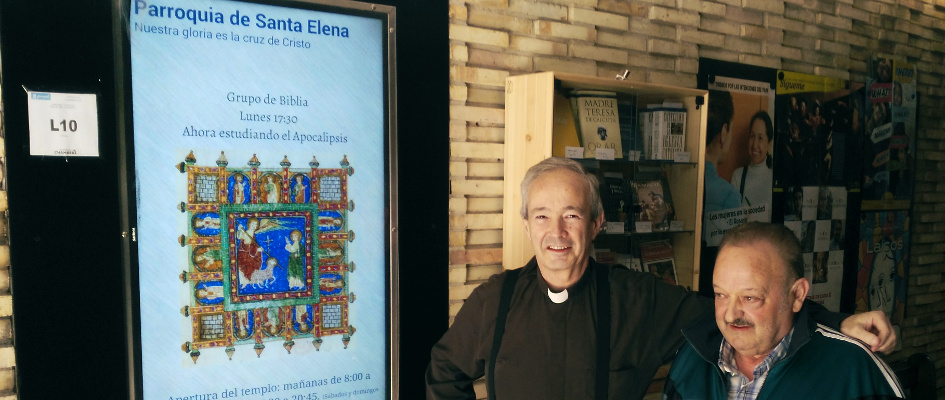
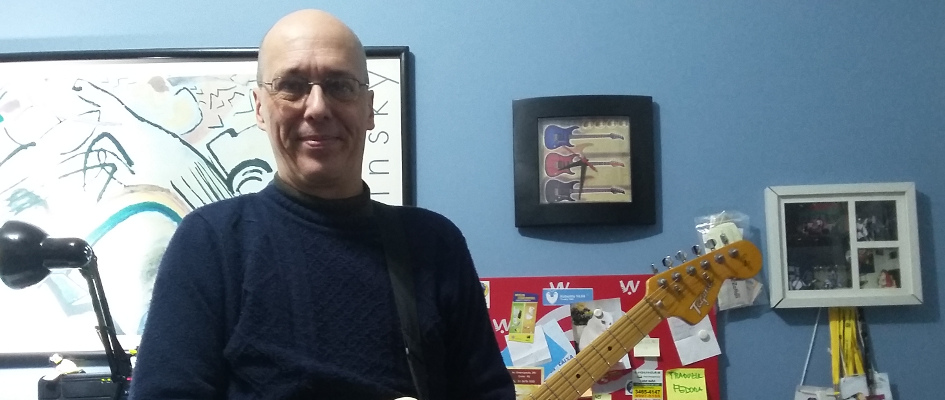
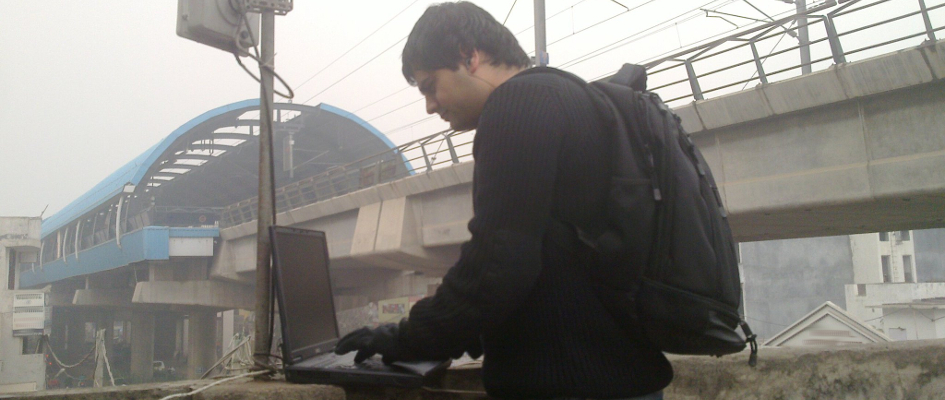
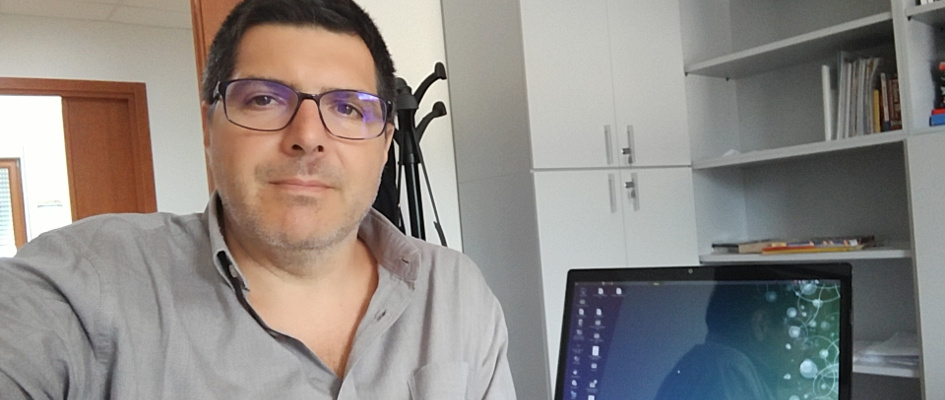



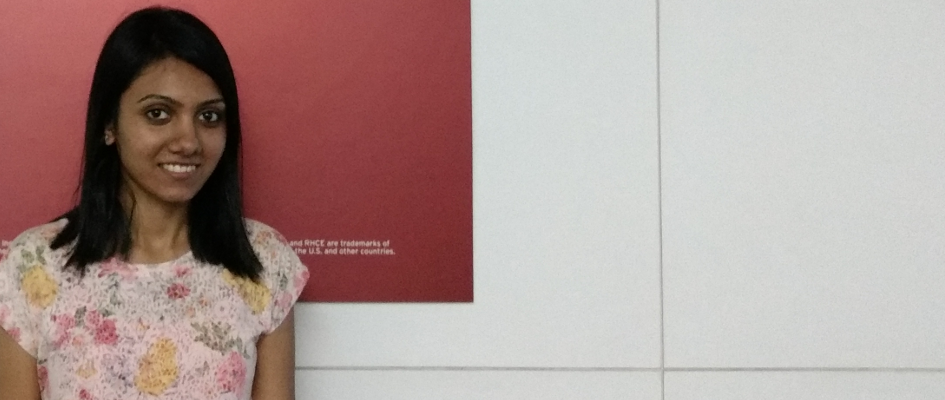
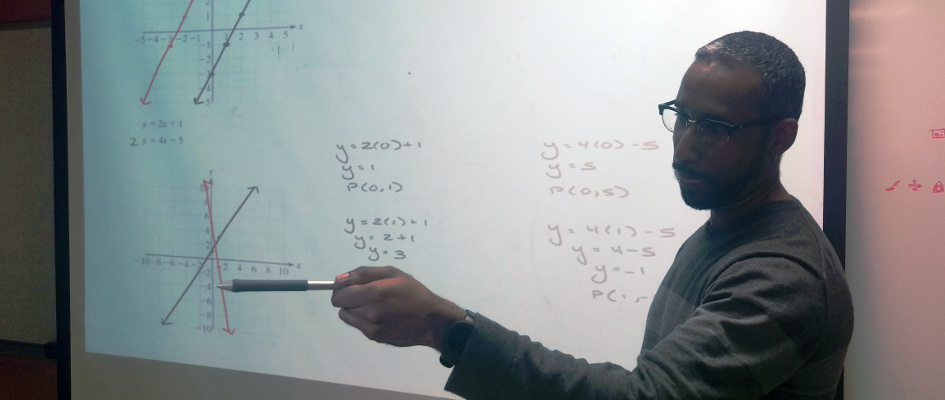
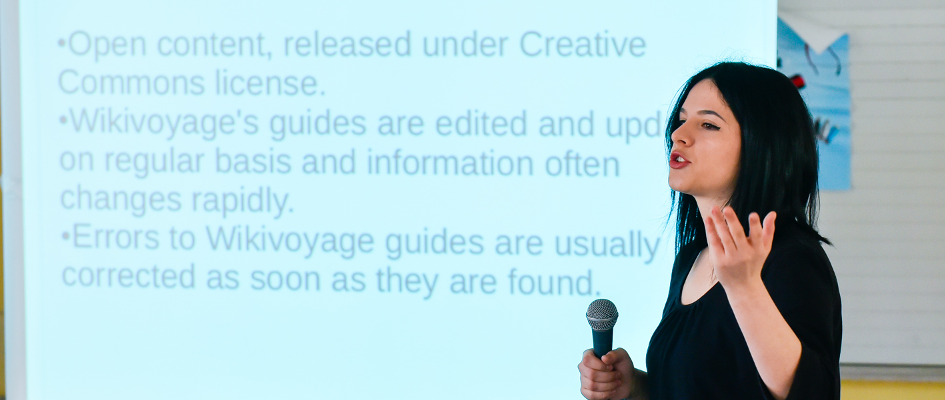

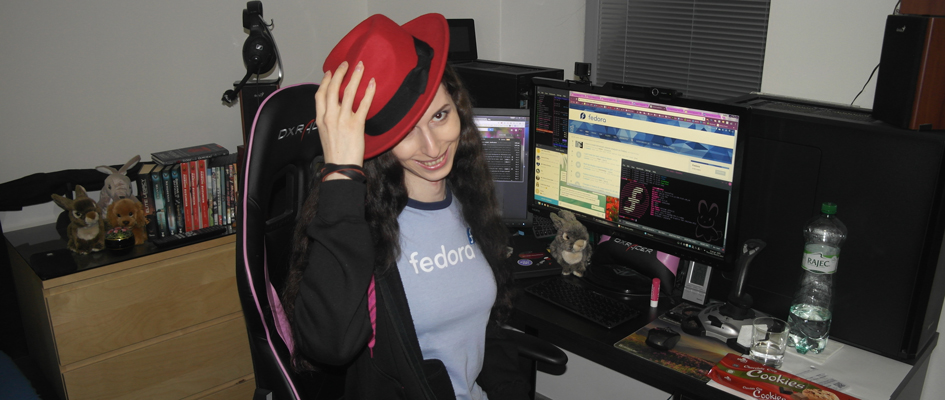
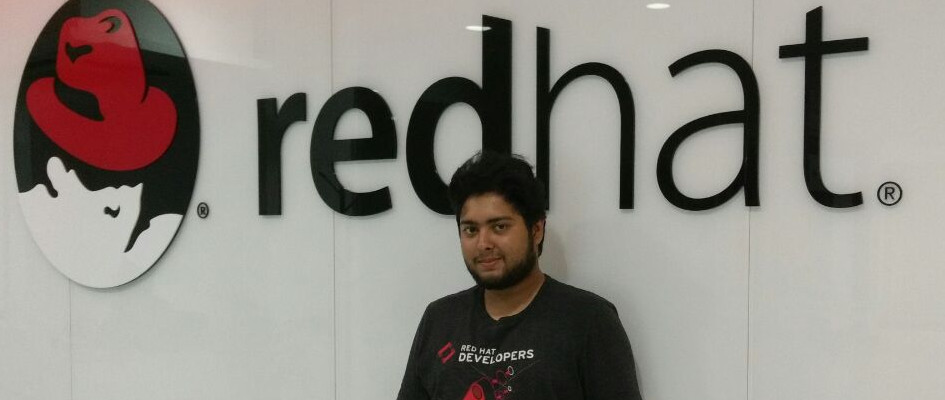
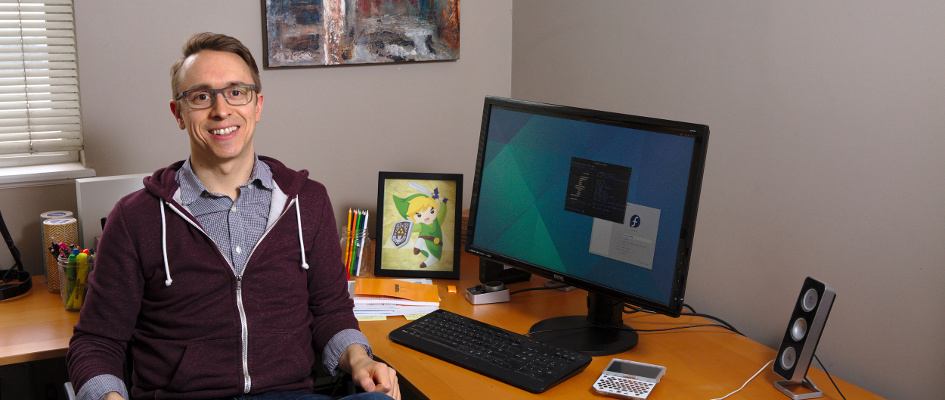
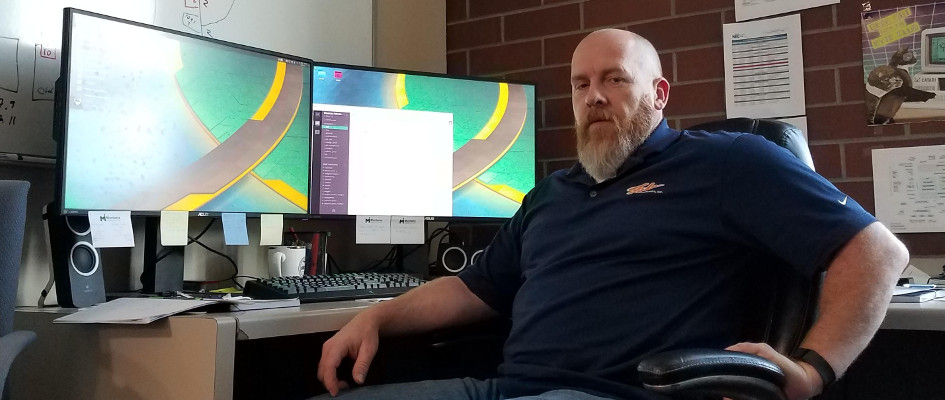
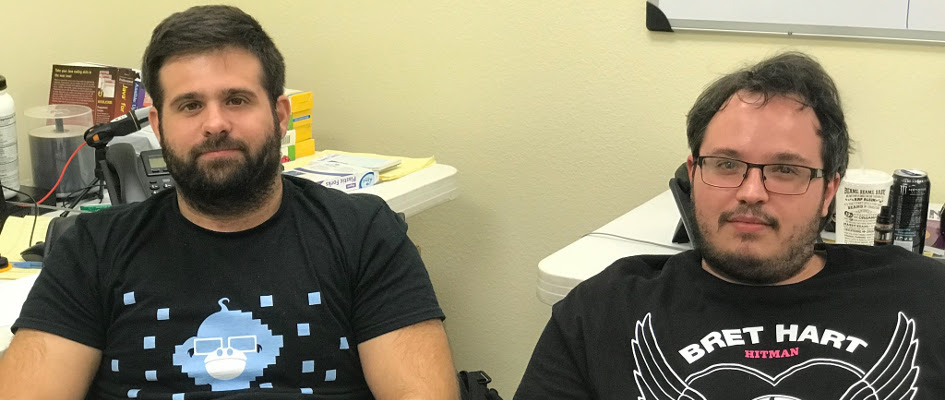
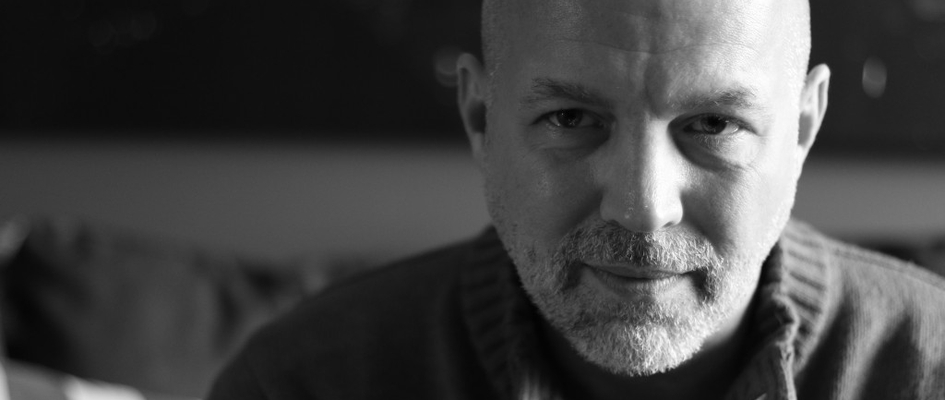
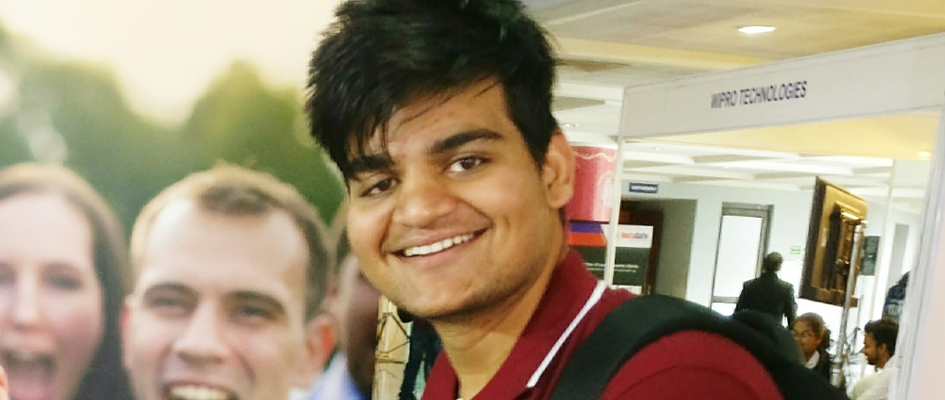

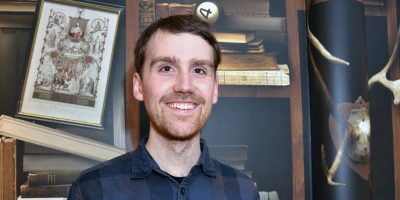
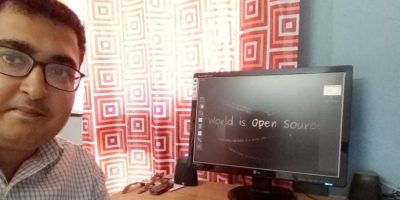
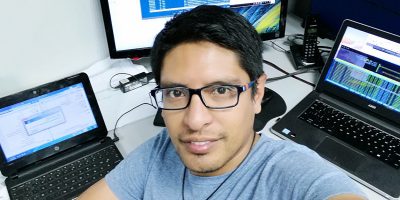
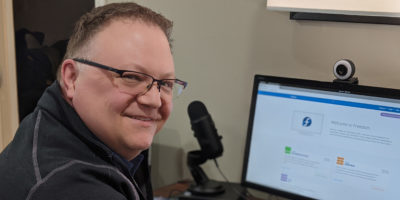
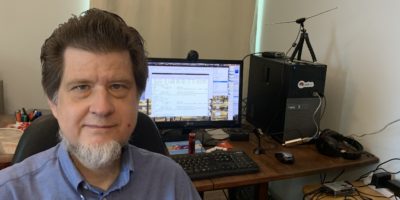
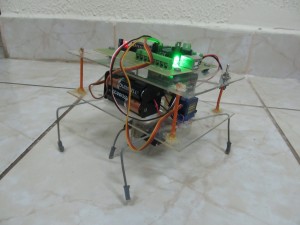
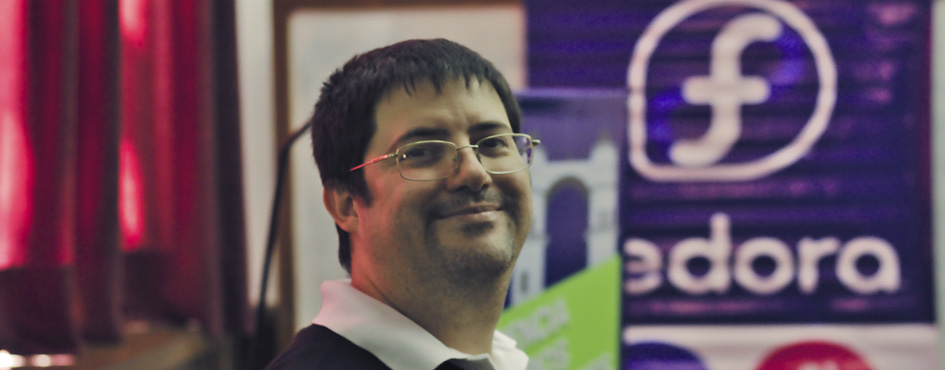
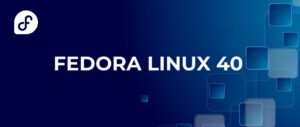
Martin
Good to have you aboard!
Leslie Satenstein
I am addicted to Fedora. I started with Core in 2004/2005 and even before Fedora became it’s own entity. Fedora has been there for me, the community has been there for me and often, I have been able to “give back to the community”.
I currently use “Fedora Gnome Remix” on even days of the week, and “Fedora xfce Remix” on odd days. XFCE and Gnome are in a tug-of-war for my diehard preferences.
One enjoyment I have is performing end-user QA for alpha and beta versions. By identifying bugs, I am able to really “give back to the community”.
Sylvia Sánchez
Very nice interview!
Vicente Herrera
Very nice interview. We get to know of the person and then what drives the motivation. We do certainly need to be more tinkerers than consumers, in an environment where technology moves at breakneck speed, this is not always very easy. Fedora gives the opportunity to those that wish to be part of the development of technology to spread their wings and reach as far as they can. Always as part of a group and with a sense of purpose. Thank you Fedora for encouraging the explorer in all of us and allow us to ask “what if!?”
Camilo Quintana
Congrats Neville!!!
dhanvi
Very nice interview, learned a lot and got lots of motivation 🙂
also found this one too https://fedoramag.wpengine.com/justin-w-flory-fedora/
The Ambassadors hyperlink (in The fedora Community Heading) is given as https://fedoraproject.org/wiki/Ambassadors/ please fix it to https://fedoraproject.org/wiki/Ambassadors yes even the slash matters in the wiki page!